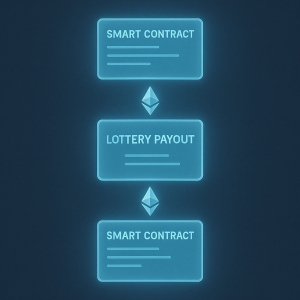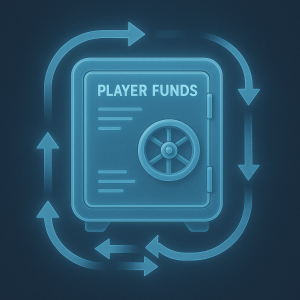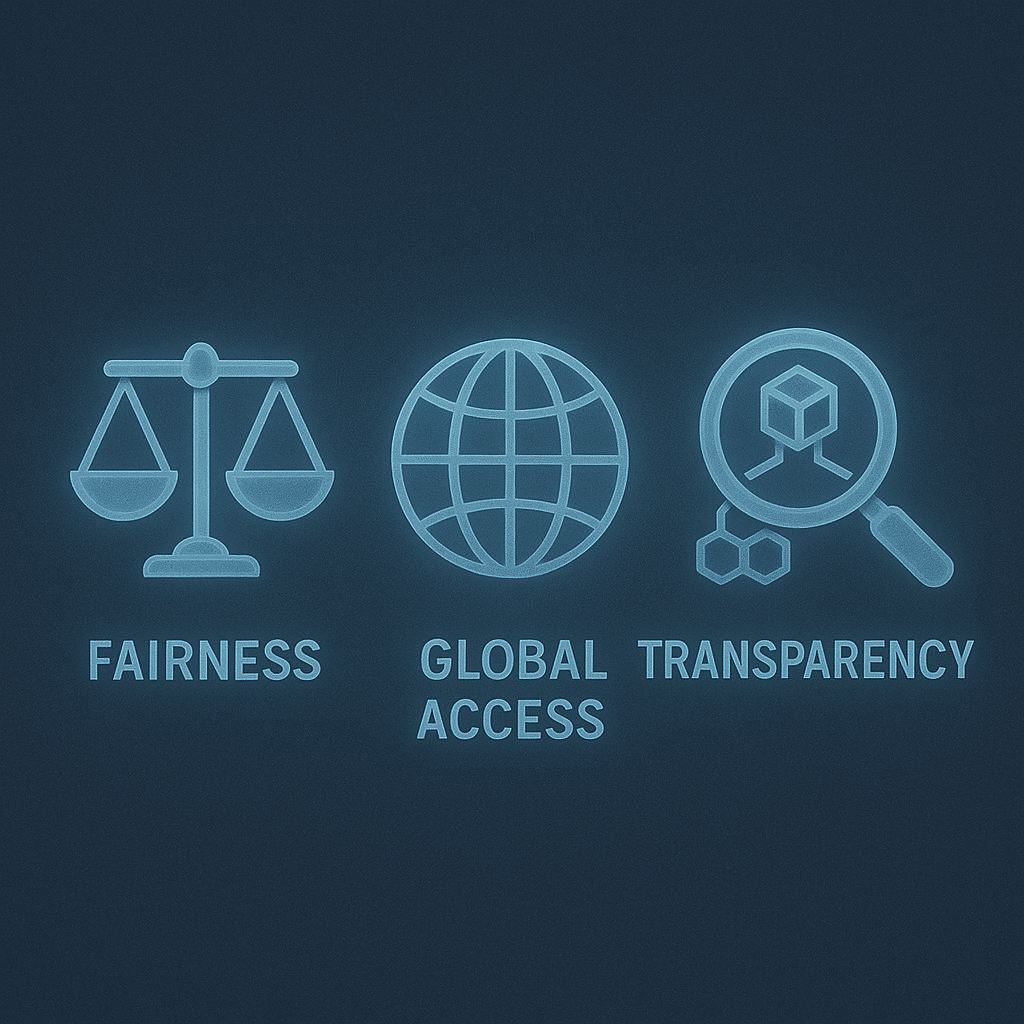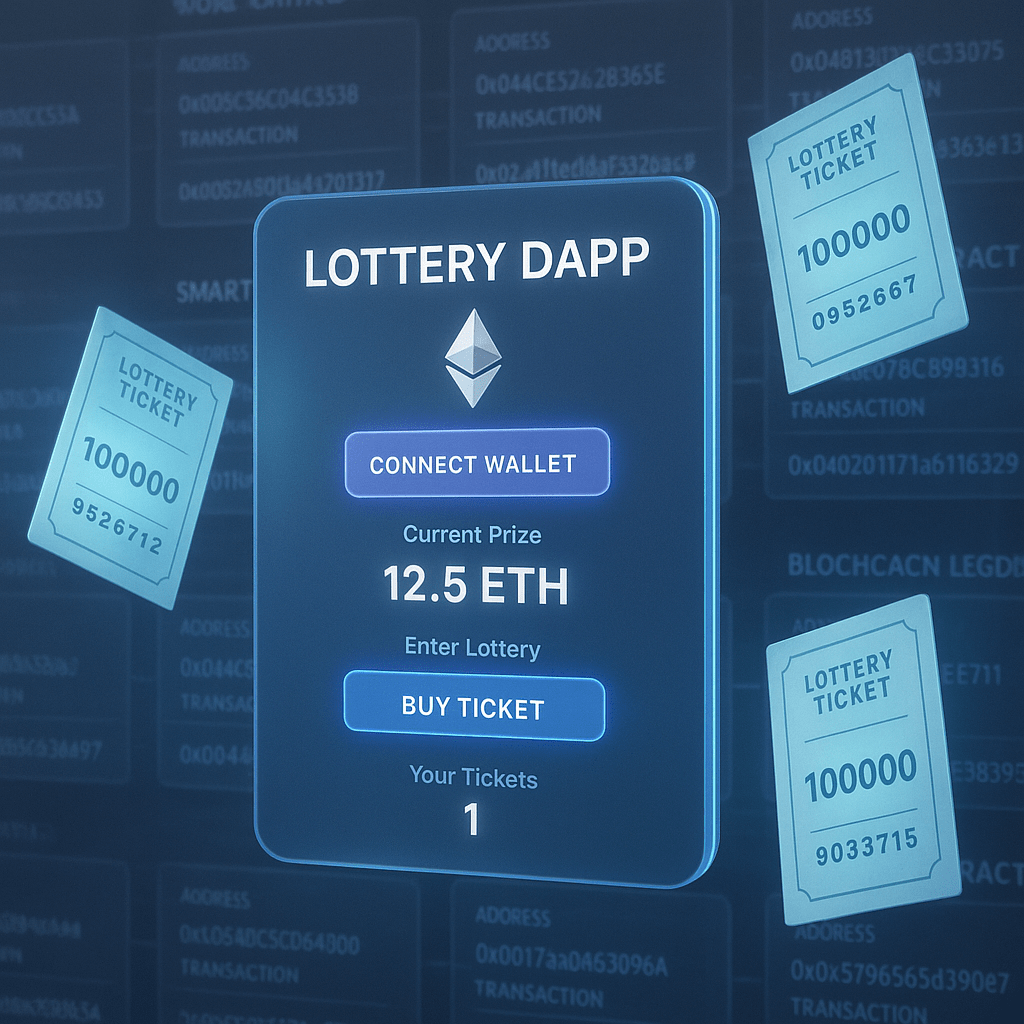The rise of blockchain technology has introduced a new frontier in iGaming. Decentralized applications (DApps) running on Ethereum are reshaping how players engage with wagering platforms. Unlike traditional online gambling, these lottery-style solutions automate the entire process, from ticket purchases to prize distribution, making them faster and safer. With no central authority in charge, players are given greater confidence that outcomes and payments follow strict, transparent rules encoded on the blockchain.
How Ethereum Gambling DApps Work
Ethereum-based DApps operate on smart contracts—self-executing pieces of code stored on the blockchain. When players buy lottery tickets, place bets, or contribute to a shared pool, the rules of the game are enforced automatically without intermediaries. These contracts also eliminate delays, since winners are identified and rewarded instantly once conditions are met. Unlike conventional operators, DApps are resistant to tampering, ensuring outcomes remain provably fair. For many, this level of autonomy is what sets decentralized gambling apart.

Key features include:
- Automated payouts: Winners are paid instantly once results are verified.
- Immutable records: Every transaction is logged publicly on the blockchain.
- No central operator: The platform itself manages funds via smart contracts.
New Bankroll Dynamics

One of the most interesting aspects of decentralized gambling is how bankrolls are managed. Unlike centralized casinos, where funds flow through a single operator, Ethereum DApps allow community-driven or pooled bankrolls that adjust in real time. This gives players not just transparency but also a say in how resources are structured. For example, some platforms let users stake funds into the bankroll itself, earning a share of profits. Others create automated liquidity systems where bets and payouts remain fluid, adapting as the contract balances shift. This flexibility changes the way capital is handled across the gambling ecosystem.
- Transparency: Players can track exactly where funds are stored and how they are distributed.
- Flexibility: Smart contracts allow for customized bankroll management, such as staking models or automated liquidity adjustments.
- Security: With no central custodian, funds are less vulnerable to single-point failures.
Advantages for Players
Decentralized gambling DApps offer unique benefits compared to traditional iGaming operators. Trust is no longer reliant on the reputation of a company but instead on visible, unchangeable blockchain records. This means players can see precisely how much money is in the pool, how bets are calculated, and when winnings will be distributed. For gamblers, this level of clarity transforms the relationship between operator and customer into a trustless one. Combined with global accessibility and lower entry barriers, Ethereum-powered DApps are opening gambling to a wider, tech-savvy audience while reducing traditional risks.
- Trustless fairness: The outcome is guaranteed by code, not a central authority.
- Global accessibility: Anyone with an Ethereum wallet can participate.
- Community-driven innovation: Players and developers can collaborate on new features.

The Future of Decentralized Gambling

As blockchain technology evolves, gambling DApps are expected to expand beyond lotteries into more complex games, including live dealer integrations and multi-chain liquidity pools. With new scalability solutions on Ethereum, transactions are becoming cheaper and faster, which could unlock even greater adoption among mainstream players. Developers are also experimenting with cross-chain protocols, meaning bankrolls could be spread across multiple blockchains for added liquidity. The future vision is a decentralized gambling hub where players interact seamlessly, without borders, delays, or hidden rules—ushering in a new era of entertainment and financial freedom.
Ultimately, decentralized platforms represent not just an alternative to online casinos, but a paradigm shift in how digital gambling operates.

